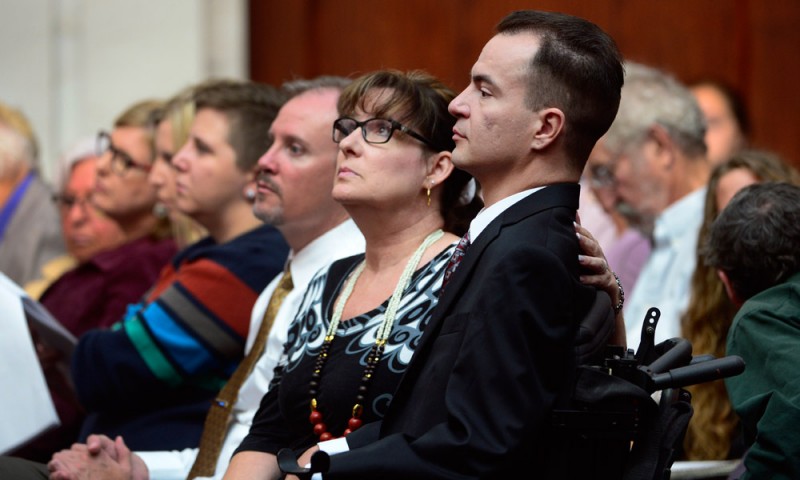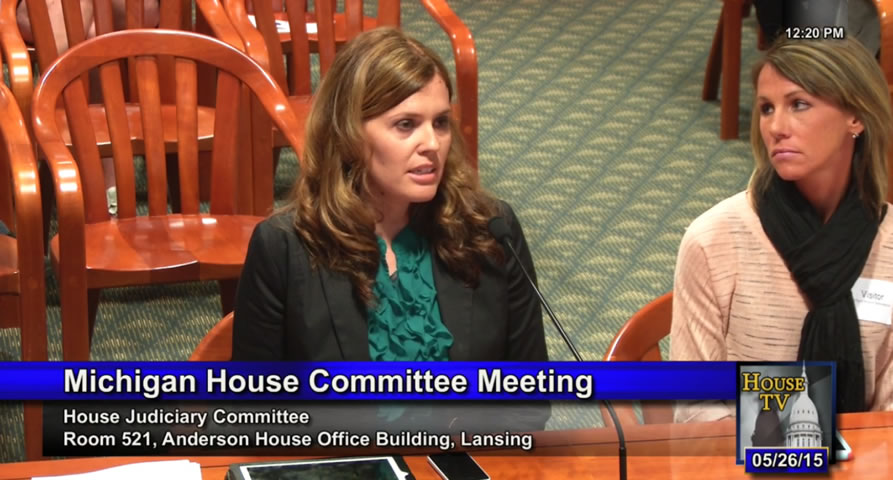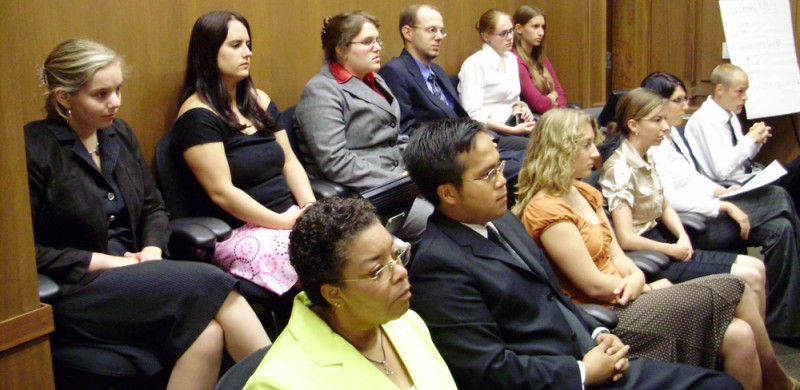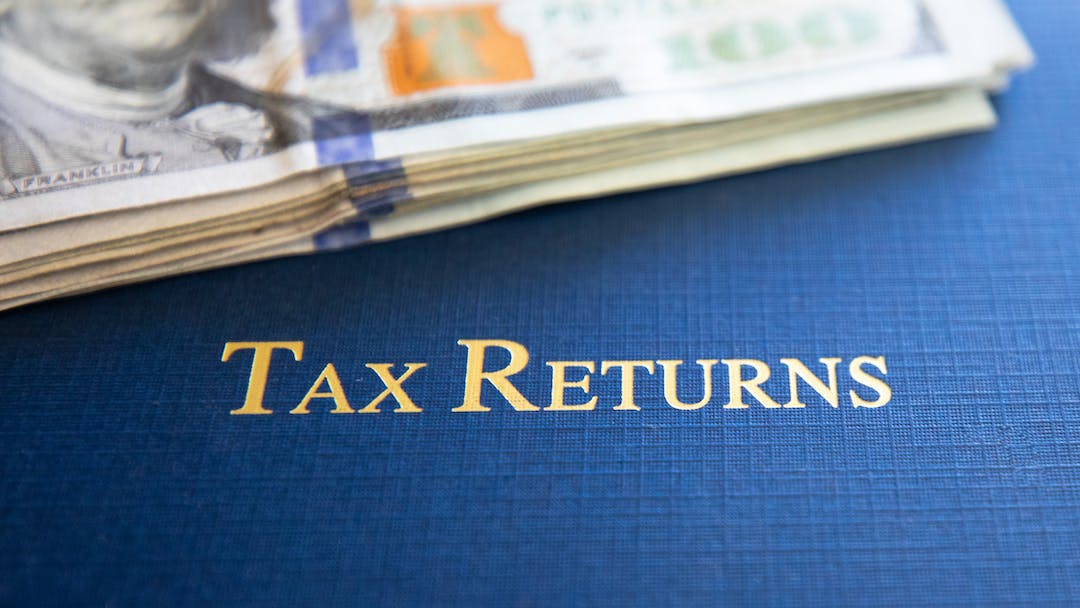Cannabis operators face IRS Revenue Code 280E restrictions, but smart tax planning and strategies allow entrepreneurs to mitigate its impact on their business.
Komorn Law is Michigan’s top cannabis law firms when it comes to licensing, consulting and legal defense.
Call them if you’re thinking about venturing into the marijuana business in Michigan (248) 357-2550
Being a legal cannabis company, you are likely familiar with the IRS Tax Code 280E. This tax code sets forth financial hurdles directly related to the amount of tax liability you owe the government at the end of the year.
From cultivators to retail shop owners, whether operating in the medical or adult-use sector, the burdensome financial implications of 280E pose significant challenges for legal businesses in the cannabis industry. The ambiguity surrounding the IRS guidelines on acceptable business write-offs creates substantial obstacles for company owners, hampering their ability to navigate the complex landscape effectively.
Read the rest of the article and more here at Ganjapreneur
Working With, Not Against, IRS Revenue Code 280E
More Posts

Michigan Medical Marihuana Patient Bill of Rights
On November 8th, 2008, by a majority of 63 percent, the citizens of the State of Michigan voted into law the constitutional initiative, Initiated Law 1 of 2008, ratified into law December 4, 2008, herein referred to as the Michigan Medical Marihuana Act, MCL 333.26421...

Colorado Supreme Court: Employers can fire for off-duty pot use
The Colorado Supreme Court ruled Monday Jun 15, 2015, that Employers’ zero-tolerance drug policies trump Colorado’s medical marijuana laws. In a 6-0 decision, the Colorado Supreme Court affirmed lower court rulings that businesses can fire employees for the use...

How a sex toy put spotlight on Michigan civil asset forfeiture laws targeted for reform
The headlines read... "How a sex toy put national spotlight on Michigan civil asset forfeiture laws targeted for reform" "State Legislators Reconsider Forfeiture Laws That Turn Cops Into Robbers" "Why Take My Vibrator?" Cops Legally Rob "every Belonging"...

Reform Today’s Forfeiture Laws
Everyday, I get calls to my office from medical marijuana patients and caregivers who have been raided or pulled over by police. Often times, these individuals are not arrested, and little if any paperwork is left behind by the various Narcotics Enforcement Teams....

KOMORN LAW NEWSLETTER ISSUE #1 May 2015
The Michigan Legal Advisor News Letters. Read the current newsletter from Michigan's #1 Medical Marijuana Defense Attorney Michael Komorn. KOMORN LAW NEWSLETTER ISSUE #1 May 2015 Michael Komorn is recognized as a leading expert on the Michigan Medical...

Attorney Michael Komorn Lectures Students at the U of M Law School
I wanted to give a huge thanks to University of Michigan Law School Professors Howard Bromberg, Mark Osbeck and Law School class. This past Thursday I had the honor of being asked to speak about my favorite topics, the Michigan Medical Marihuana Act and the practice...

Jury Selection In Marihuana Cases
A jury trial is fundamental to our democratic system of government. Every American citizen should embrace this responsibility by participating, and ensure justice prevails. by Michael Komorn I just picked a jury in a marihuana case, there were several perspective...

Planet Green Trees Radio Episode 149-MSC People v. Koon
The best resource for everything related to Michigan medical marijuana with your host Attorney Michael Komorn. Live every Thursday evening from 8 -10 pm eastern time. By Michael Komorn The Michigan Supreme Court issued a unanimous opinion making a finding that...

Polygraphs Proven Unreliable, Used for Police Intimidation
Polygraphs are widely recognized as unreliable yet police still use them to elicit confessions. By Michael Komorn Many states don’t allow polygraph test to be admitted in court because they are unreliable. Their lack of reliability is widely recognized by criminal...

Arrests for DUI’s on the Rise
By Michael Komorn Arrests for DUI’s have been on the rise across Michigan. This trend could drastically increase as The National Transportation Safety Board (NTSB) has called on state authorities to reduce the legal limit to 0.05 percent. Currently, all 50 U.S. states...








